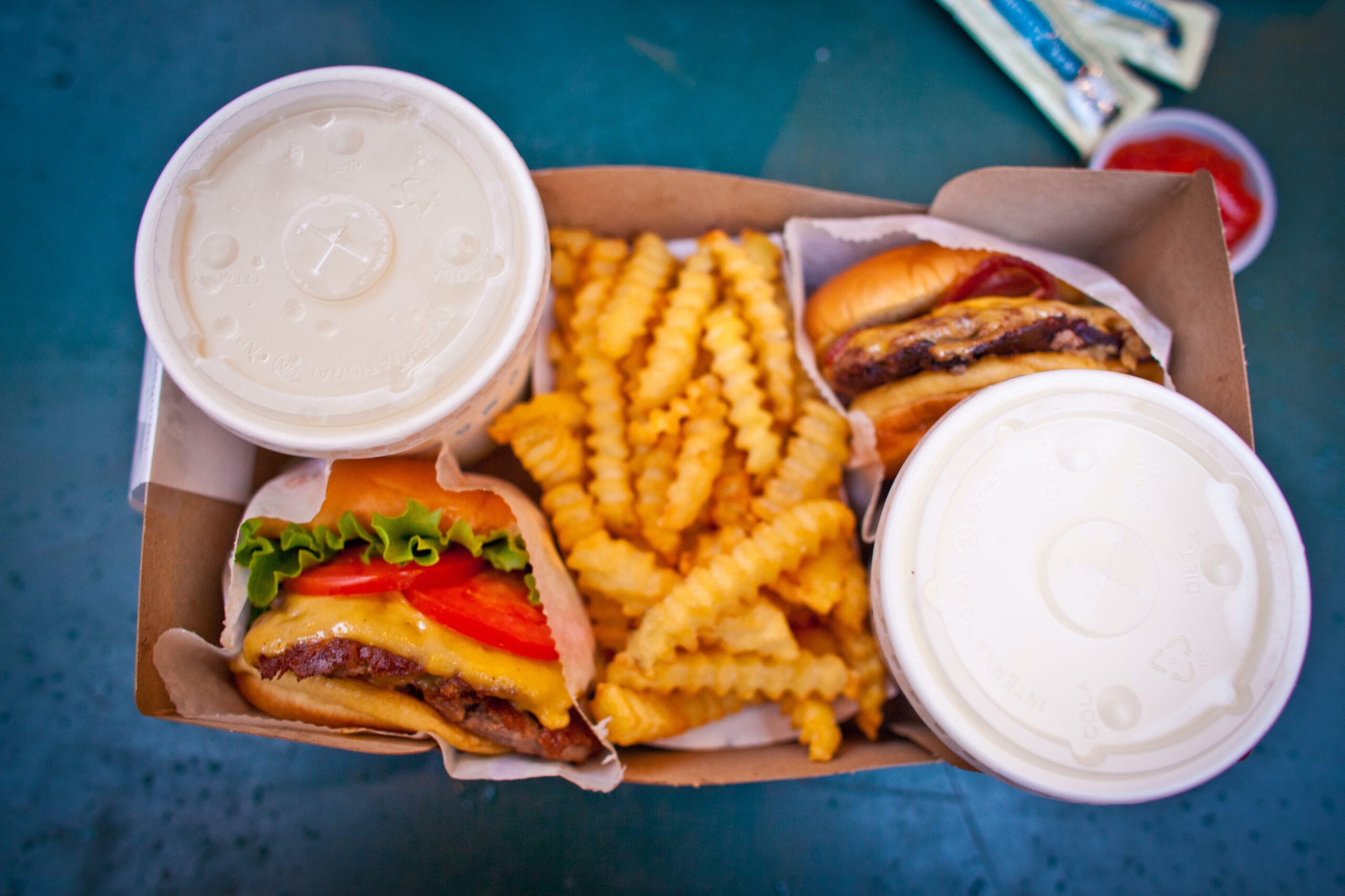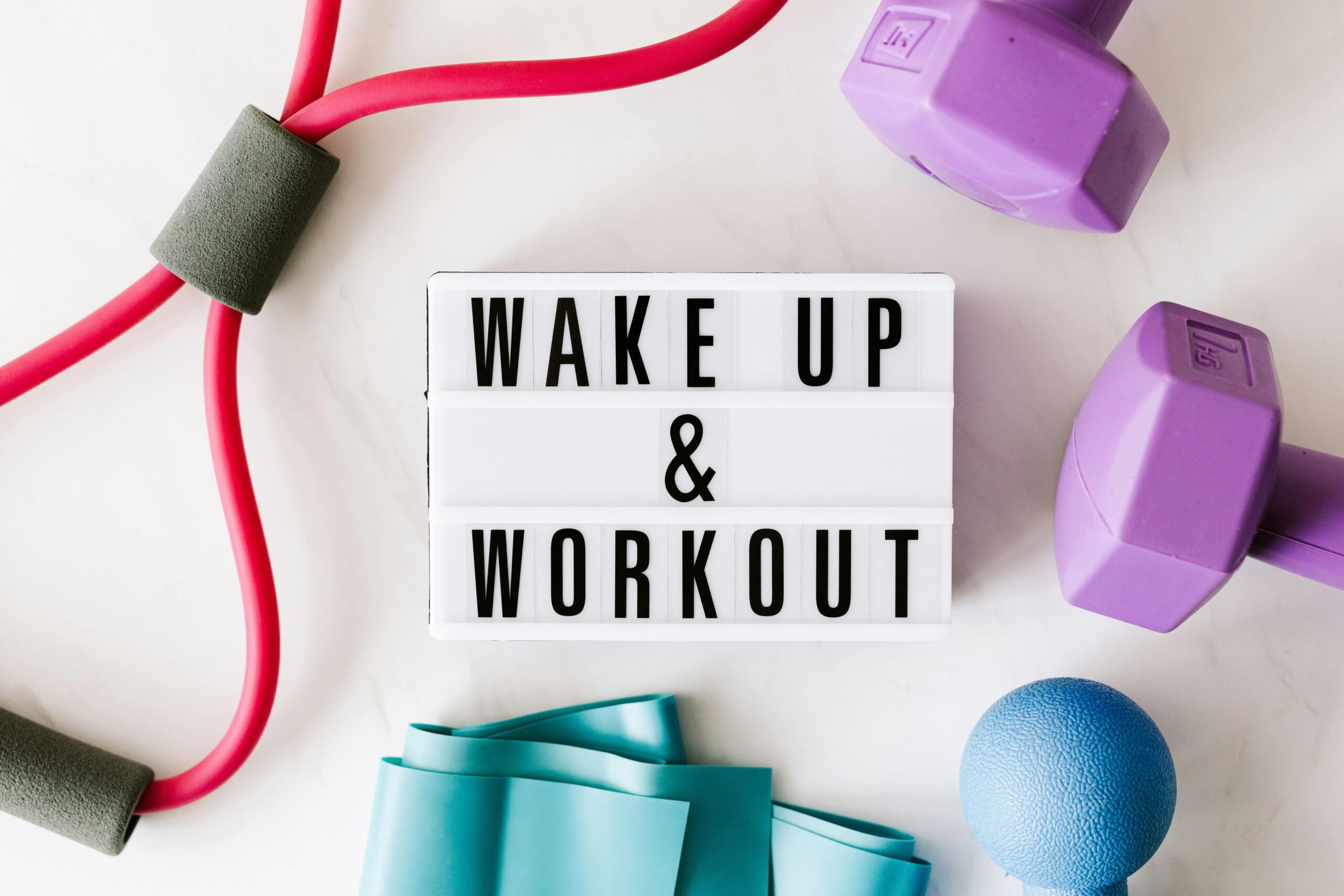Table of Contents
Consuming junk food Deep sleep is an essential phase of our sleep cycle that plays a crucial role in restoring and rejuvenating our bodies and minds. However, recent research suggests that consuming junk food may have a detrimental effect on the quality of deep sleep. In this article, we will explore the connection between junk food and sleep, the role of diet in sleep quality, the negative effects of junk food on sleep, and provide recommendations for improving sleep quality.
Introduction
Sleep is an integral part of our overall well-being, and its quality significantly influences our physical and mental health. Deep sleep, also known as slow-wave sleep or stage 3 sleep, is a critical phase during which our bodies repair and regenerate tissues, boost the immune system, and solidify memories. It is during deep sleep that our brains release growth hormones, support cognitive function, and regulate emotions.
The Impact of Junk Food on Sleep Quality
Explanation of deep sleep
Before delving into the effects of junk food on sleep patterns, it’s important to understand what deep sleep entails. Deep sleep is characterized by slow brain waves, relaxed muscles, and decreased heart rate and breathing. It is the phase when our bodies experience the most profound physical and mental restoration.
Effects of junk food on sleep patterns
Research indicates that a diet high in junk food, which is typically rich in sugar, unhealthy fats, and additives, can disrupt the natural sleep patterns that lead to restorative deep sleep. Regularly consuming junk food can lead to sleep disturbances, reduced overall sleep duration, and a decrease in deep sleep.
Link between junk food and sleep disorders
Consuming excessive amounts of junk food has been associated with an increased risk of developing sleep disorders such as insomnia and sleep apnea. These conditions further exacerbate the negative effects on sleep quality, leading to a vicious cycle of poor sleep and unhealthy eating habits.
The Role of Diet in Sleep Quality
Importance of a balanced diet
Maintaining a balanced diet is crucial for overall health, including the quality of sleep. A nutritious diet provides the body with essential vitamins, minerals, and macronutrients that support optimal brain function, regulate sleep hormones, and promote a healthy sleep-wake cycle.
Nutrients that promote good sleep
Certain nutrients have been linked to better sleep quality. For example, foods rich in magnesium, such as leafy greens, nuts, and whole grains, can help relax muscles and promote sleep. Additionally, foods containing tryptophan, such as turkey, chicken, and bananas, can enhance the production of sleep-inducing neurotransmitters like serotonin.
The Negative Effects of Junk Food on Sleep
Sugar and its impact on sleep
High sugar consumption, commonly found in junk food and sugary beverages, can lead to increased wakefulness during the night. Sugar causes blood sugar spikes and subsequent crashes, which can disrupt the sleep cycle and prevent the body from entering deep sleep phases.
High-fat and processed foods’ effects on sleep
Junk foods high in unhealthy fats and processed ingredients can contribute to sleep disruptions. These foods are often difficult to digest and can cause discomfort, indigestion, and even acid reflux, all of which negatively impact sleep quality.
Caffeine and sleep disruption
Many junk foods, such as chocolate and carbonated beverages, contain caffeine. Consuming caffeine close to bedtime can interfere with falling asleep and reduce the amount of deep sleep experienced during the night. Even small amounts of caffeine can affect sleep, especially in individuals who are more sensitive to its stimulating effects.
Recommendations for Improving Sleep Quality
Healthy eating habits for better sleep
To improve sleep quality, it’s essential to adopt healthy eating habits. This includes consuming a well-balanced diet with plenty of fruits, vegetables, whole grains, and lean proteins. Avoiding or minimizing the intake of junk food can significantly contribute to better sleep.
Foods to avoid before bedtime
Certain foods should be avoided close to bedtime as they can disrupt sleep. These include caffeine-containing beverages, sugary snacks, greasy or spicy foods, and large meals that can cause discomfort or indigestion.
Creating a sleep-friendly environment
In addition to maintaining a healthy diet, creating a sleep-friendly environment can enhance sleep quality. This includes ensuring a comfortable mattress and pillow, keeping the bedroom cool, dark, and quiet, and establishing a relaxing bedtime routine.
Conclusion
The connection between junk food and sleep quality is becoming increasingly evident through research findings. Regularly consuming junk food can have a negative impact on the quality of deep sleep, leading to potential health consequences. By adopting a balanced diet, avoiding junk food, and implementing healthy sleep habits, individuals can improve their overall sleep quality and promote optimal physical and mental well-being.
FAQs
1. Is it okay to have junk food occasionally without affecting my sleep quality? While occasional indulgence in junk food is generally acceptable, consuming it close to bedtime can still disrupt your sleep quality. It’s best to avoid or minimize junk food consumption, especially in the evening hours.
2. Can I replace junk food with healthier alternatives that won’t affect my sleep? Absolutely! Opt for healthier alternatives such as fruits, nuts, yogurt, or whole-grain snacks. These choices provide nutrients and are less likely to interfere with your sleep quality.
3. How long before bedtime should I avoid consuming junk food? It’s recommended to avoid consuming junk food at least two to three hours before bedtime. This allows for proper digestion and reduces the risk of sleep disruptions.
4. Will improving my sleep quality have other benefits besides feeling rested? Yes, improving sleep quality can have numerous benefits. It can enhance cognitive function, mood regulation, immune system function, and overall physical and mental well-being.
5. Can exercise help counteract the negative effects of junk food on sleep? Regular exercise can contribute to better sleep quality, but it cannot completely counteract the negative effects of consuming junk food. It’s essential to focus on both healthy eating habits and regular physical activity for optimal sleep and overall health.




